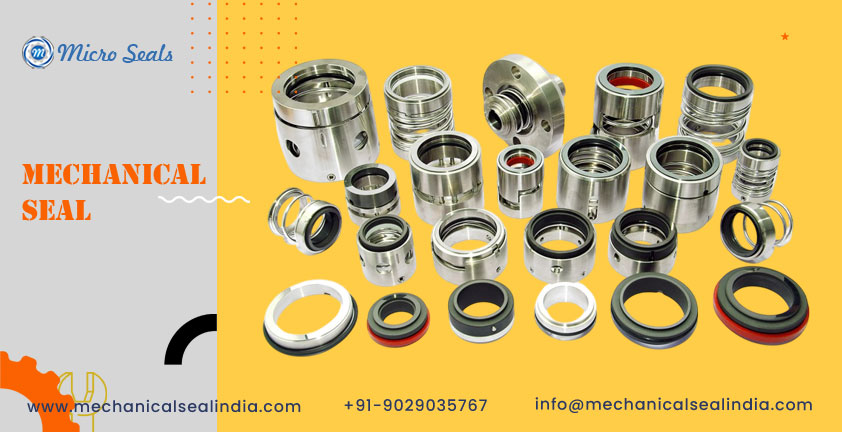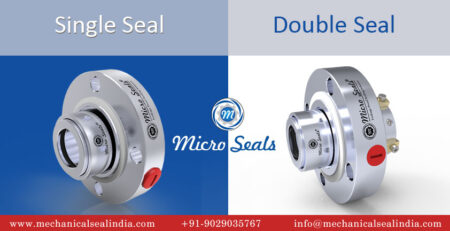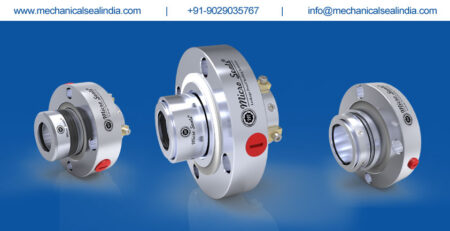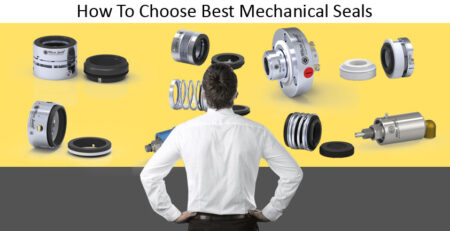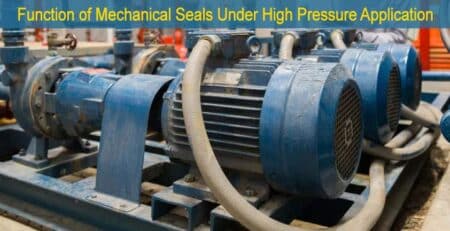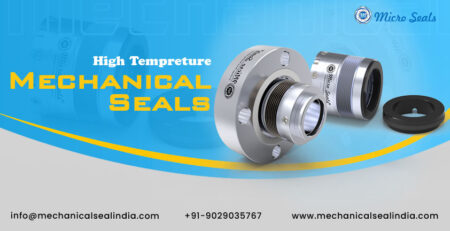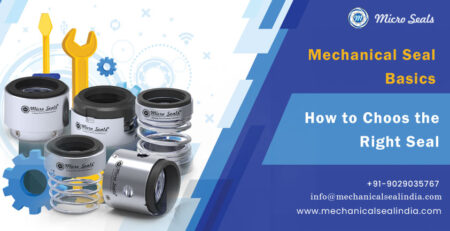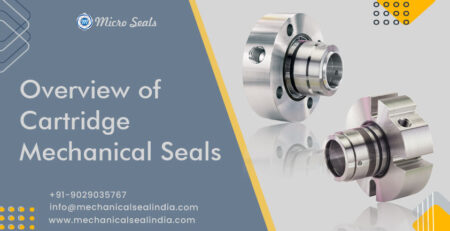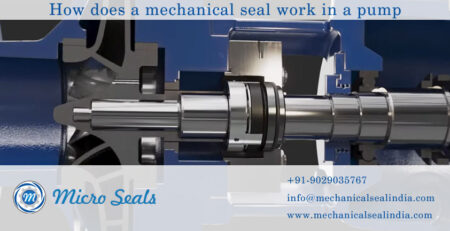Mechanical seals are essential elements in a range of industrial uses, especially within pumping systems. They play a crucial role in preventing fluid leakage, ensuring operational efficiency, and extending the life of equipment. This comprehensive guide will explore what mechanical seals are, their uses, and their types to help you better understand their significance.
Table of Content
What is a Mechanical Seal?
A mechanical seal is a component designed to connect systems or mechanisms while preventing leaks, maintaining pressure, or keeping contaminants out. It acts as a barrier between the rotating shaft and the stationary parts of a machine. This seal is designed to endure various operational conditions, including high pressure, temperature, and corrosive environments.
Uses of Mechanical Seals
Mechanical seals are commonly utilized in sectors including:
- Pumps: To prevent fluid leakage and maintain pressure.
- Compressors: To ensure safe operation in gas handling systems.
- Mixers and Agitators: To contain fluids in processing units.
- Marine Applications: To prevent water leakage in propulsion systems.
By ensuring a leak-free environment, mechanical seals enhance efficiency and safety in industrial operations.
Types of Mechanical Seals
There are several types of mechanical seals designed for specific applications. These include:
- Pusher Seals: Suitable for high-pressure environments, they use springs to compensate for wear.
- Non-Pusher Seals: These seals have a flexible bellows to handle misalignment and eliminate the need for a secondary dynamic seal.
- Cartridge Seals: Easy to install, these seals come pre-assembled for reduced installation time.
- Metal Bellow Seals: Ideal for extreme temperatures, these seals use welded or formed metal bellows.
- Split Seals: Designed for applications where seal installation without disassembling equipment is necessary.
Mechanical Seals for Pumps
Pumps are one of the most common applications for mechanical seals. They ensure that fluid does not leak out of the pump housing, maintaining the desired pressure and flow. Depending on the pump’s operating conditions, a variety of seals can be used, including single, double, and balanced seals.
Benefits of Using Mechanical Seals
- Leak Prevention: They prevent fluid leakage, ensuring a cleaner and safer work environment.
- Cost Efficiency: By reducing maintenance needs and extending equipment life, they lower operational costs.
- Energy Saving: Their design minimizes friction, leading to energy-efficient operations.
- Environmentally Friendly: By preventing leaks, they help in maintaining environmental compliance.
Selecting the Right Mechanical Seal
Choosing the right seal depends on factors such as:
- Operating temperature and pressure.
- Fluid properties (viscosity, corrosiveness, etc.).
- Equipment type and size.
- Environmental conditions.
Conclusion
Mechanical seals are indispensable for ensuring the efficiency and reliability of industrial equipment. Understanding their types and uses allows industries to choose the right seal for their specific needs, enhancing productivity and safety.
By investing in quality mechanical seals, industries can prevent costly downtime and maintain a competitive edge. For more insights into mechanical seals, visit our Mechanical Seal Series.
To Know More about mechanical seal supplier Read Our Blog Post on top mechanical seal supplier For More mechanical seal services Information, Check out our Mechanical Seals Repair Page.
Microseals Is ISO 9001:2015 Certified Company and Leading Mechanical Seals Manufacturer & Supplier In India, Providing Leakages Solutions To All Types Of Pump Applications By Manufacturing Mechanical Seals And Sealing Components As Per Customer’s Require, Samples or Need. To Know More About Mechanical Seal Call On +91 – 9029035767 Or Email At [email protected]

